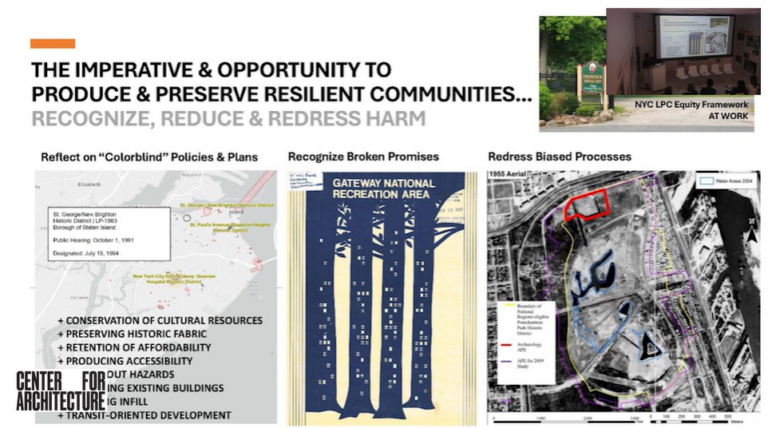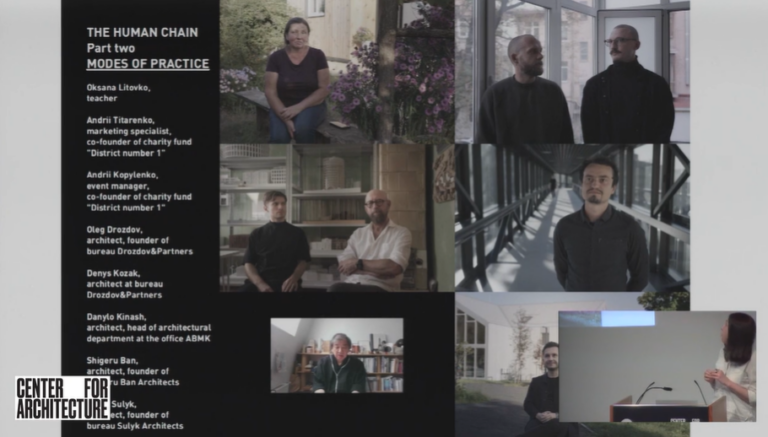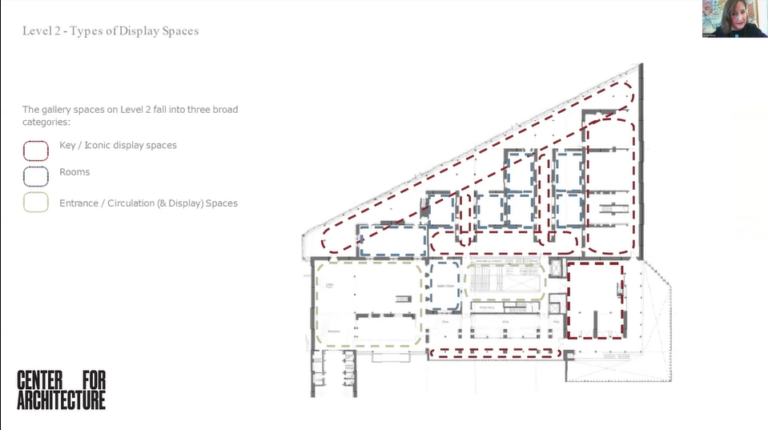To celebrate the third edition of Ioanna Theocharopoulou’s book Builders, Housewives and the Construction of Modern Athens (Onassis, 2022), the Onassis Foundation is hosting a wide-ranging discussion about the relevance of this modern city, its architecture, and ancient history.
Architectural historians have tended to disparage the lack of formal planning and the apparent homogeneity of Athen’s “box-like” concrete buildings. By casting Athens as a uniquely local mode of informal urbanism, a phenomenon that, in a broader sense, is found around the world and particularly in the “developing” world, Theocharopoulou’s book offers a critical re-evaluation of the city as a successful adaptation to circumstance, enriching our understanding of urbanism as a truly collective design activity. Builders, Housewives and the Construction of Modern Athens advocates for an architectural history that allows access to the conceptual worlds and the imaginations of builders and inhabitants. This approach departs from a focus on structures designed exclusively by architects and planners, to explore processes—financial, cultural, and material—that rely on self-organization and community. These improvisations and adaptations, which succeeded in producing a dense and vibrant city, can, in turn, help us imagine how to create more sustainable and livable urban models today.
This event will consist of a panel discussion generously sponsored by the Onassis Foundation.
Organized by
Center for Architecture
Simon Critchley, Hans Jonas Professor of Philosophy, The New School for Social Research
Neni Panourgiá, Adjunct Associate Professor, The Prison Education Program, Psychology Department; Academic Adviser, The Justice in Education Initiative, Columbia University
Ioanna Theocharopoulou, Visiting Lecturer, Department of Architecture, Art and Planning, Cornell University; Author, Builders, Housewives and the Construction of Modern Athens
Nader Vossoughian, Associate Professor of Architecture, NYIT


